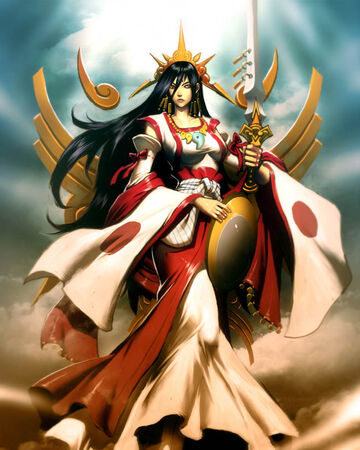
Zeus[a] is the sky and thunder god in ancient Greek religion, who rules as king of the gods of Mount Olympus. His name is cognate with the first element of his Roman equivalent Jupiter. His mythologies and powers are similar, though not identical, to those of Indo-European deities such as Jupiter, Perkūnas, Perun, Indra, Dyaus and Thor
Zeus is the child of Cronus and Rhea, the youngest of his siblings to be born, though sometimes reckoned the eldest as the others required disgorging from Cronus's stomach. In most traditions, he is married to Hera, by whom he is usually said to have fathered Ares, Hebe, and Hephaestus.[10] At the oracle of Dodona, his consort was said to be Dione, by whom the Iliad states that he fathered Aphrodite.[13] Zeus was also infamous for his erotic escapades. These resulted in many divine and heroic offspring, including Athena, Apollo, Artemis, Hermes, Persephone, Dionysus, Perseus, Heracles, Helen of Troy, Minos, and the Muses.[

Mythical narration plays an important role in nearly every genre of Greek literature. Nevertheless, the only general mythographical handbook to survive from Greek antiquity was the Library of Pseudo-Apollodorus. This work attempts to reconcile the contradictory tales of the poets and provides a grand summary of traditional Greek mythology and heroic legends.[7]:1 Apollodorus of Athens lived from c. 180 BC to c. 125 BC and wrote on many of these topics. His writings may have formed the basis for the collection; however the "Library" discusses events that occurred long after his death, hence the name Pseudo-Apollodorus.
 Click here for spanish
Click here for spanish